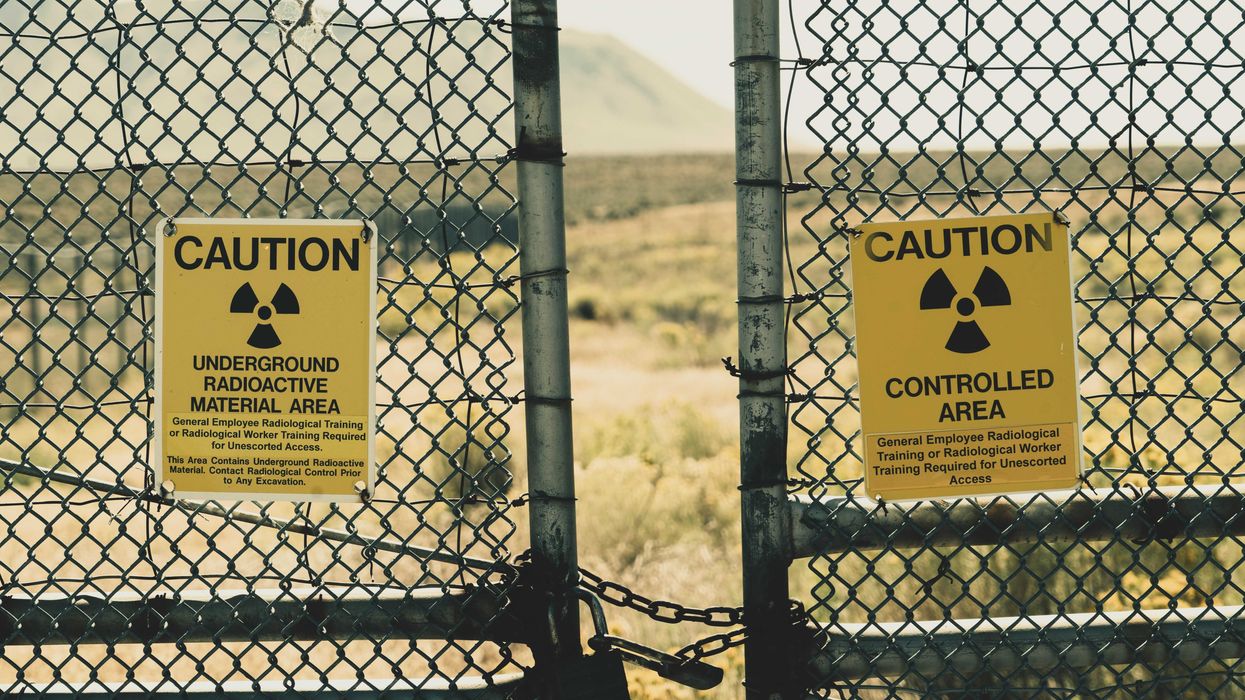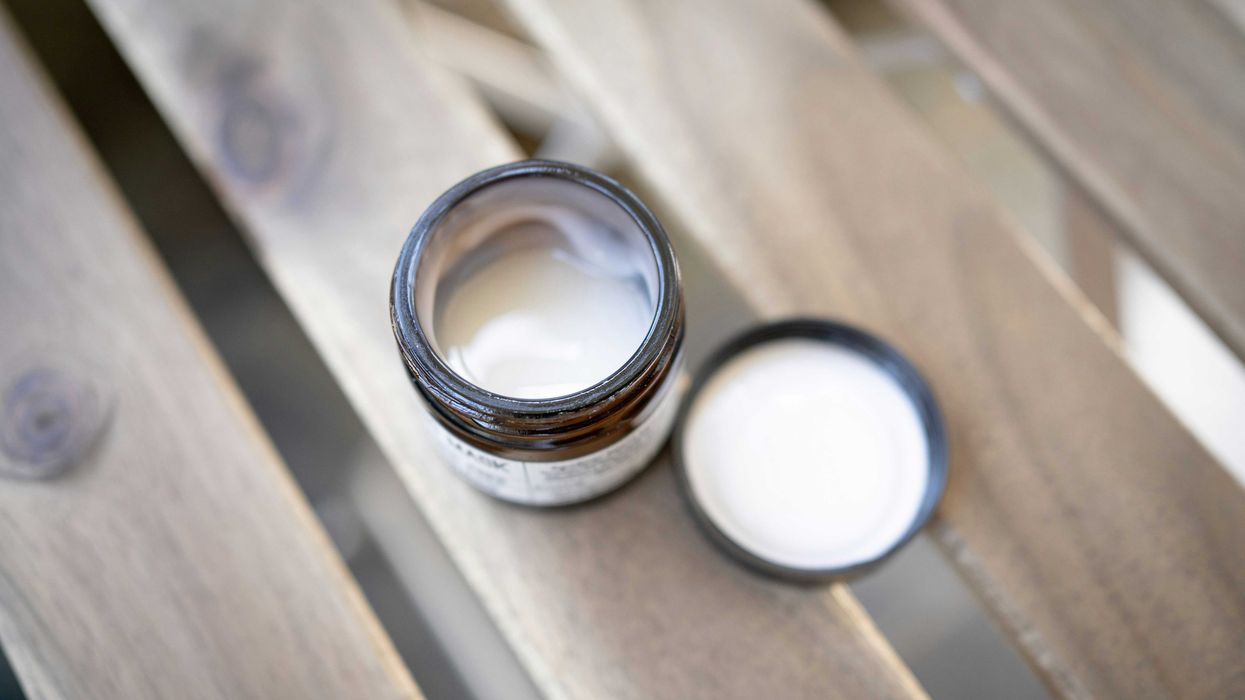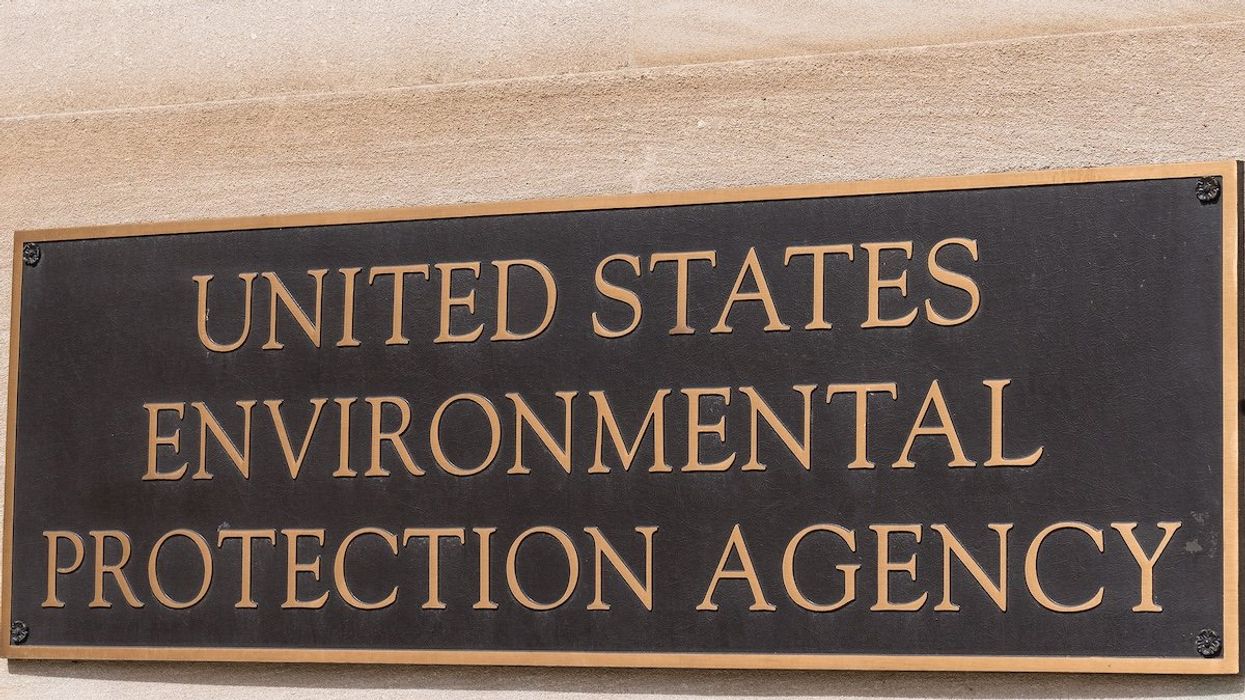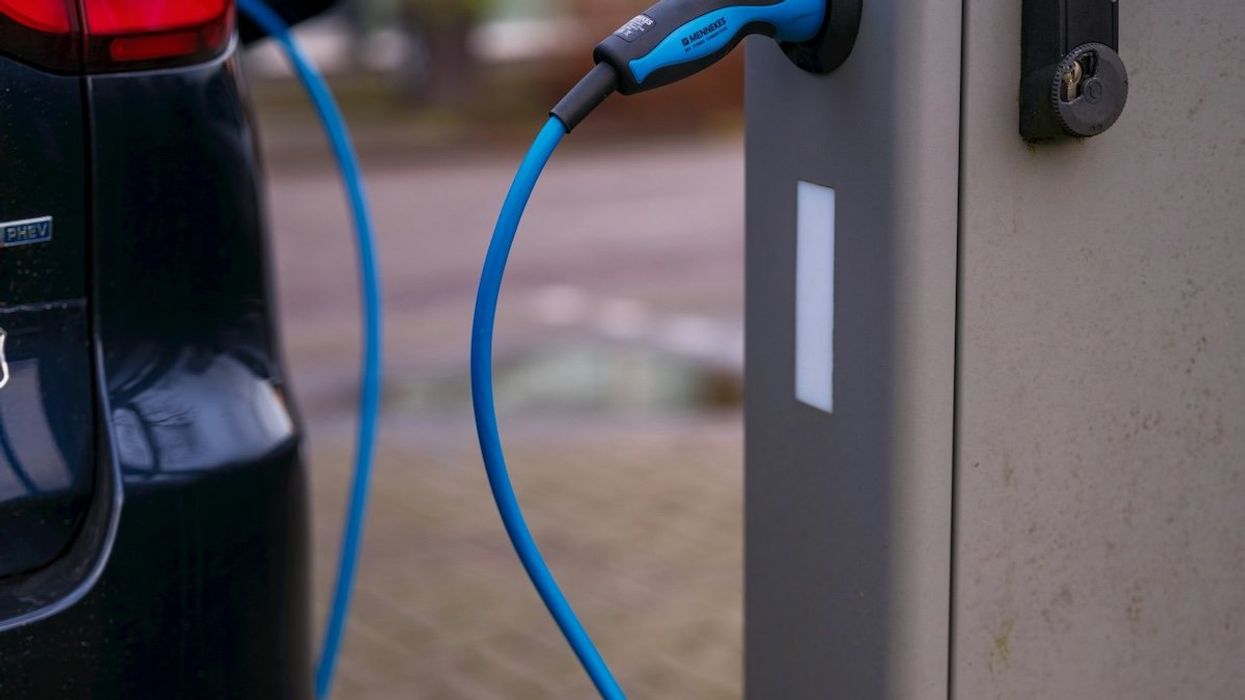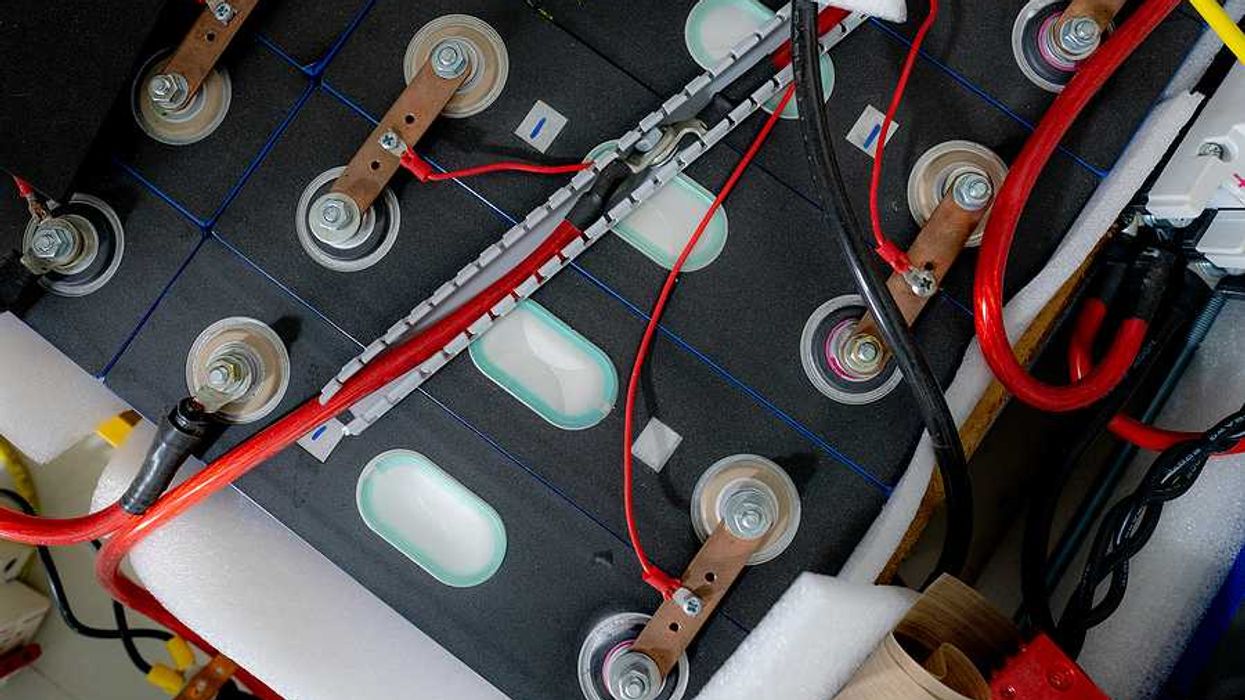General Electric wants nine Massachusetts polychlorinated biphenyls (PCB) lawsuits moved to federal court, contending it used the chemical in its production due to federal mandates and addressed ensuing contamination under federal guidance.
Greg Sukiennik reports for The Berkshire Eagle.
In short:
- Plaintiffs, including Crystal Czerno, allege that GE and other companies are liable for illnesses caused by PCBs, a probable carcinogen banned in 1979.
- Czerno's lawsuit claims exposure to PCBs at home and school led to her son's leukemia; the suit also implicates Bayer AG, Saudi Basic Industries Corp. and others.
- Tom Bosworth, representing the plaintiffs, believes the cases belong in Berkshire Superior Court and plans to file opposing motions, noting a similar argument by Monsanto was rejected in Washington.
“It was tried by Monsanto in Washington and failed and failed again."
— Tom Bosworth, attorney for the plaintiffs
The big picture:
Polychlorinated biphenyls are recognized as probable carcinogens with a history of widespread use before their 1979 US ban. A majority of countries are not on track to remove the toxic pollutants known as PCBs from the environment by the 2028 global Stockholm Convention goal, writes Ashley James for EHN.
Read the entire Berkshire Eagle story here.


